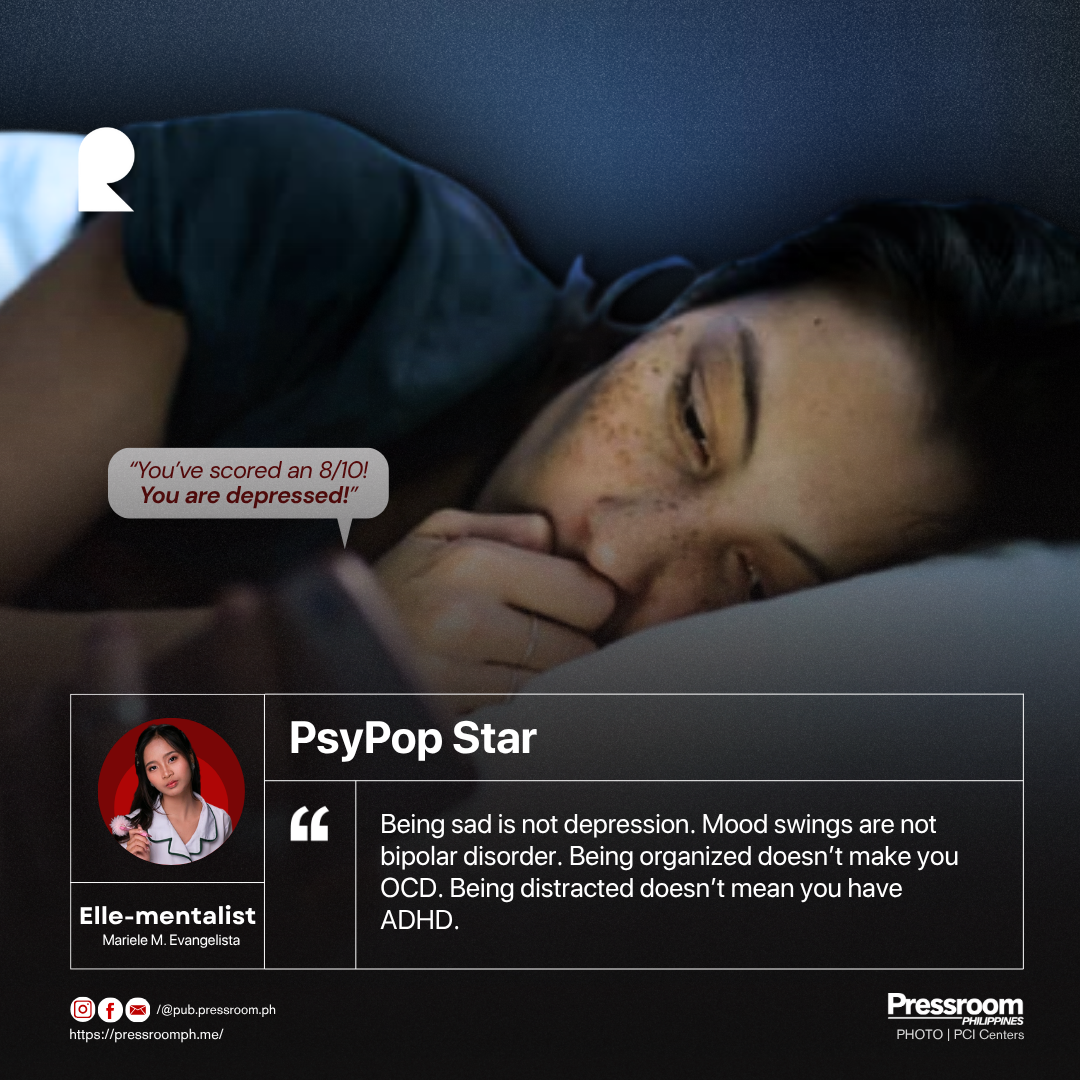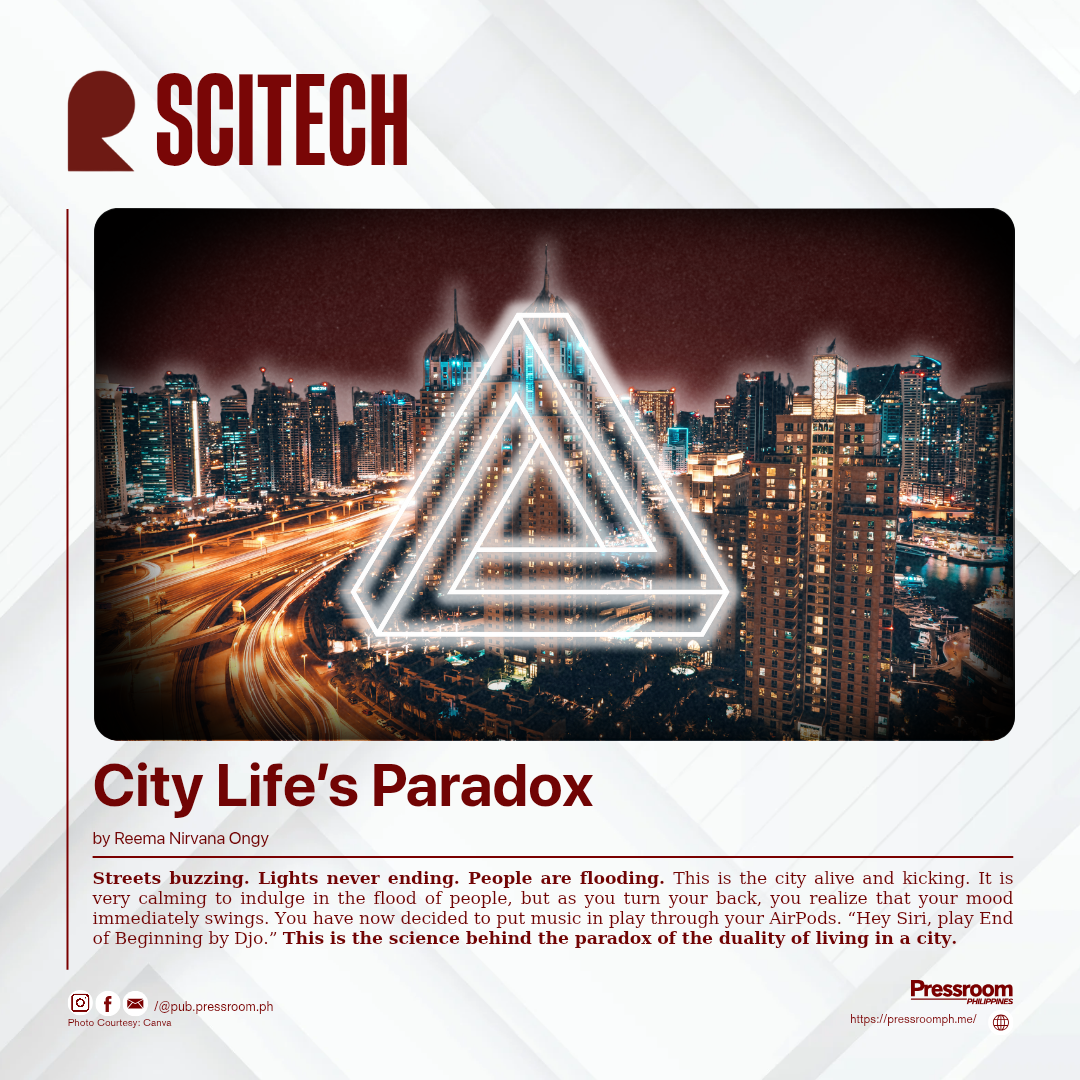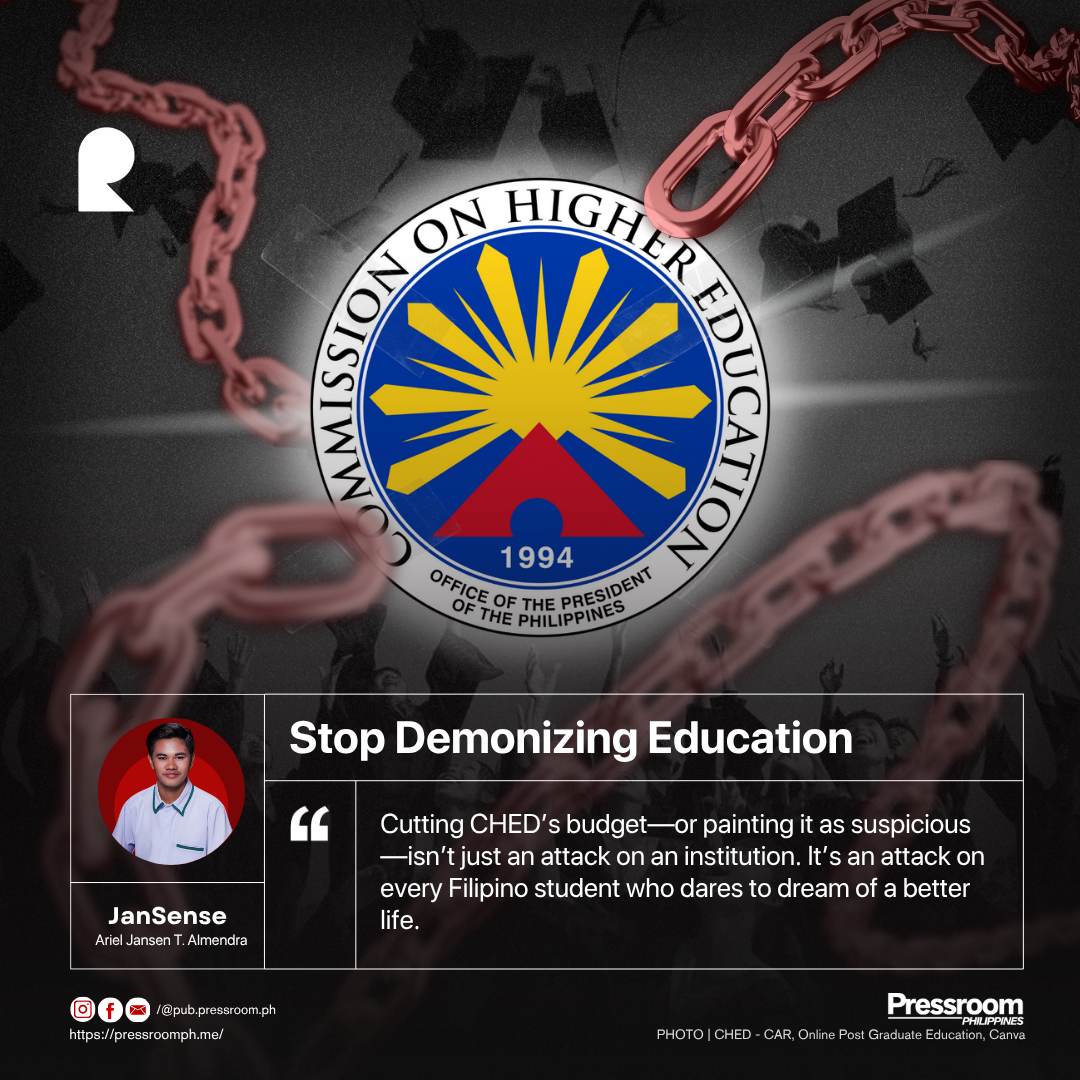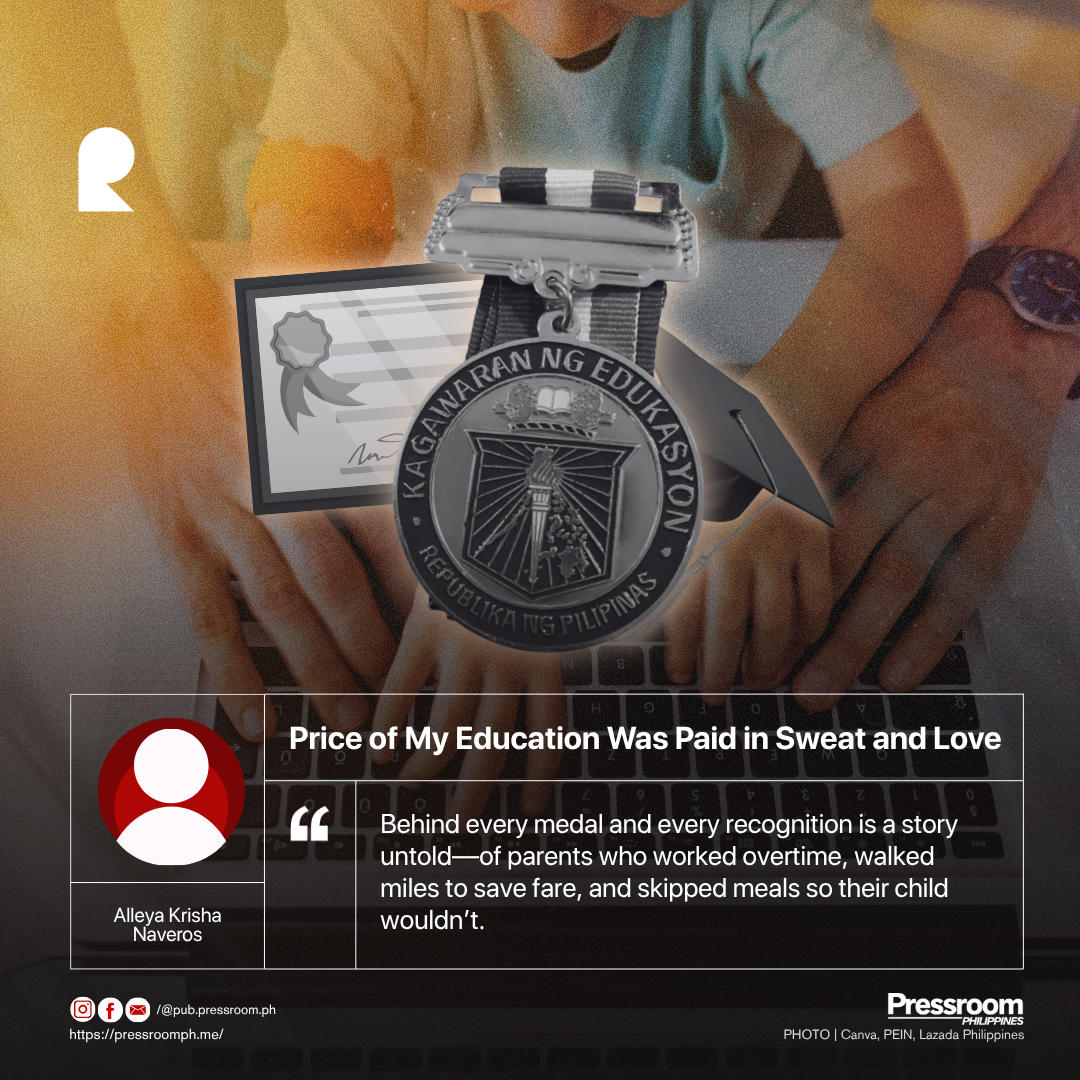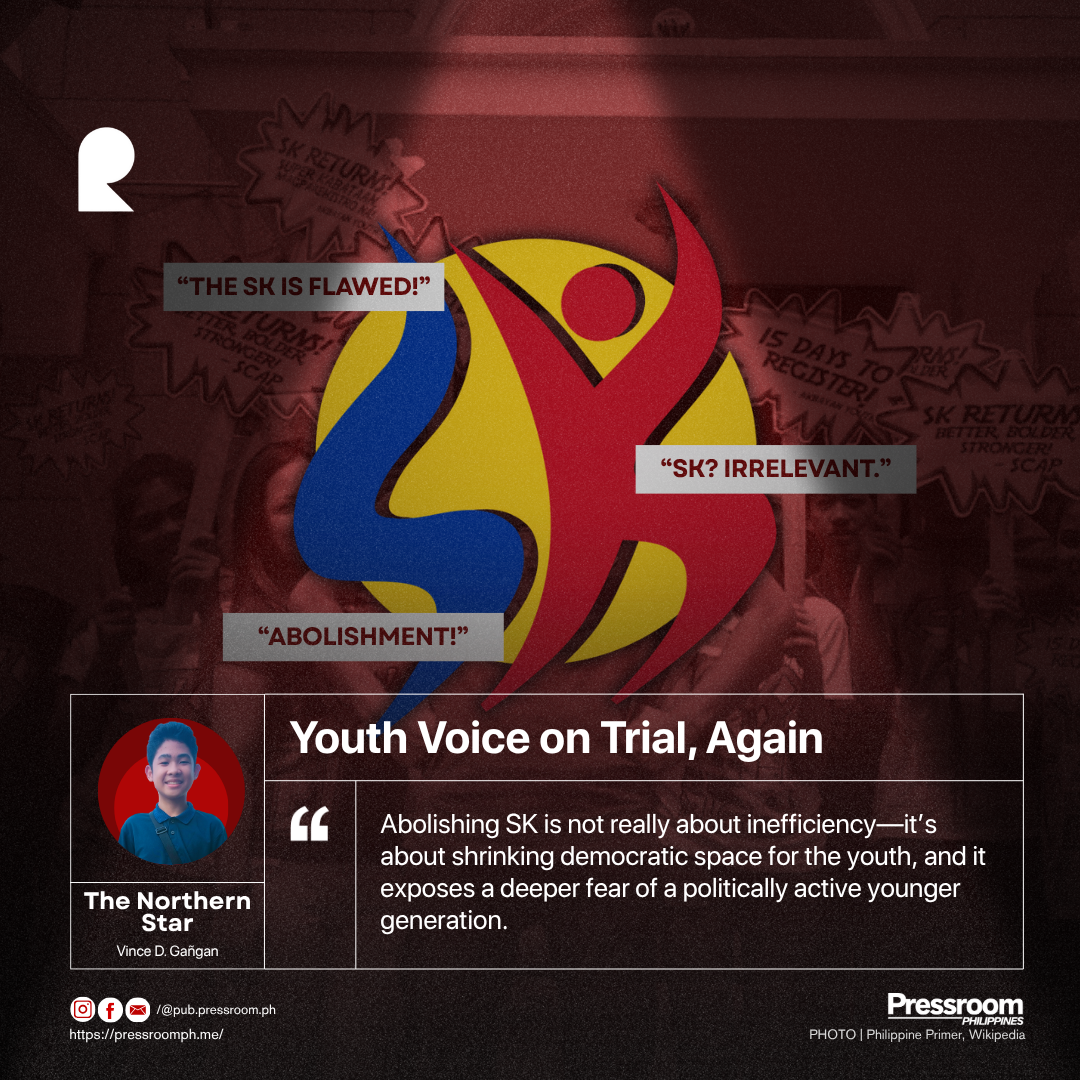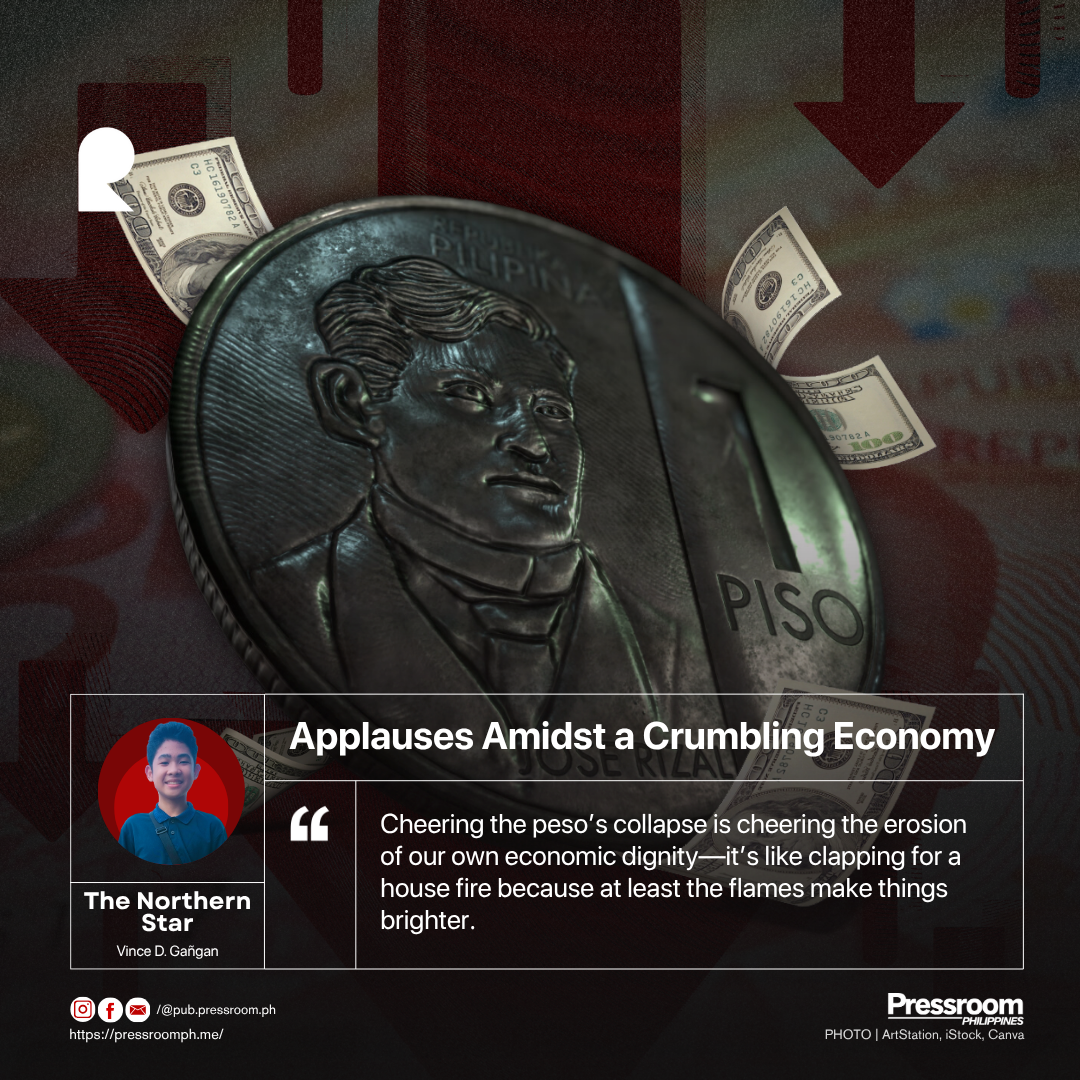via Mariele Evangelista
Bio: I’m depressed but exquisitely dressed.
I once thought I was depressed because I scored 8/10 on a TikTok test. That’s when I realized how dangerous pop psychology can be. A term meant to spread awareness about mental health has started chasing fame instead of flame…….a light meant to guide those truly struggling.
Even the name is questionable: popular psychology. Popularize what, exactly? Shouldn’t it be about normalizing and accepting mental illness, not romanticizing it? Awareness without depth only creates noise.
As one post put it, “people are using disorders as an aesthetic—nawawala tuloy yung bigat.” Research echoes this: glorifying mental illness trivializes the pain of those who live with it daily.
This is where what I call the PsyPop Star game begins. With just one catchy, shareable, not well-thought-out content that entertains, but can cost lives. Every post carries weight. Content creators must be responsible. These aren’t just trends—they’re triggers. In fact, under Republic Act 10175 (Cybercrime Law), misleading posts can be penalized. The law recognizes that one wrong post about mental illness can lead to one death.
Yes, in the Philippines we lack mental health professionals. That makes the situation even riskier: less expertise means more misinformation spreading unchecked.
But here’s the truth:
Being sad is not depression. Mood swings are not bipolar disorder. Being organized doesn’t make you OCD. Being distracted doesn’t mean you have ADHD.
And even if you see all the “10 signs” online, it doesn’t mean you can diagnose yourself.
Mental illness can’t be summed up in a checklist.
I remember debating with one of our seniors about pop psychology. In some ways, he was right—used well, it can shape communities and even drive change. But used carelessly, it can harm more than it helps.
Slowly, society is becoming more open to discussing mental health. That’s a good thing. But acceptance without regulation is dangerous. Mental illness is not a bandwagon, not a brand, not an aesthetic. It is a battle of the mind—and misuse of content can spark harmful behavior.
Because if there’s one thing we all crave, it’s not clout. It’s to be understood.
Validation matters. A safe space matters. But a safe place should not become a place of misdiagnosis, excuse-making, and glorification.
As we mark Suicide Prevention Month, let’s remember:
Everyone has the right to feel.
But not every feeling is a disorder.
And not every disorder is a trend.
